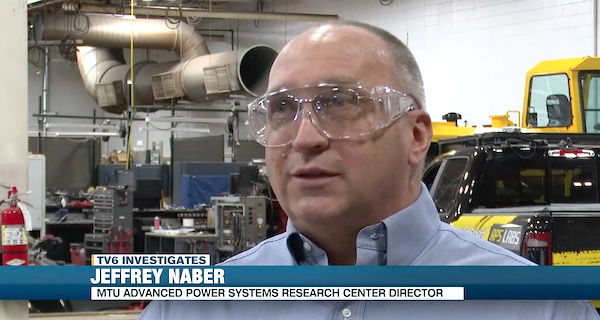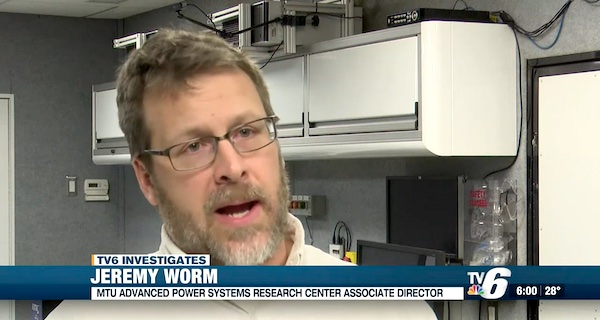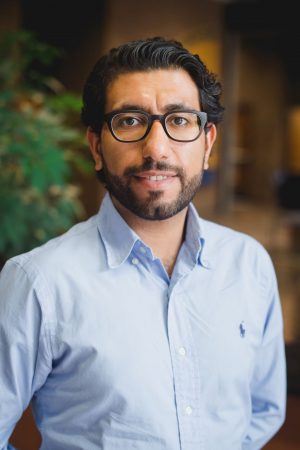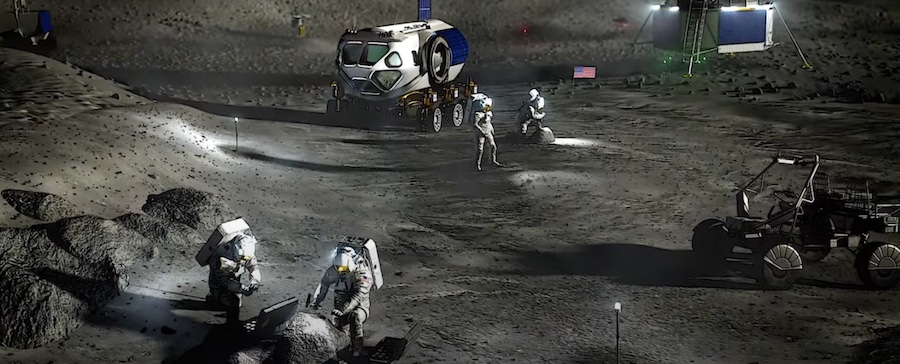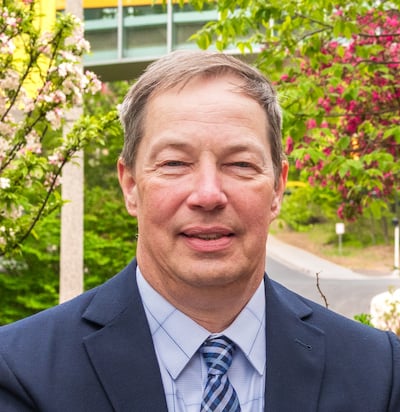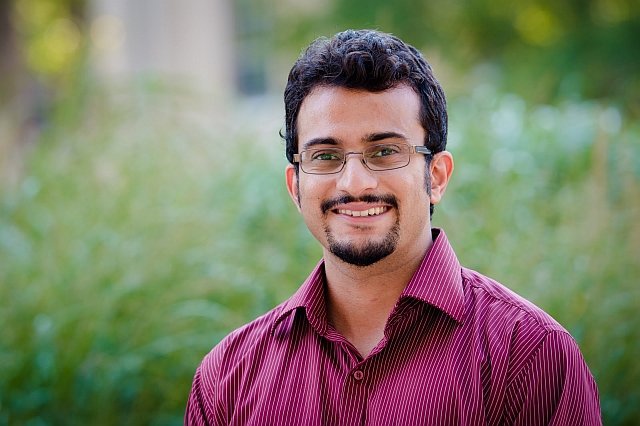Jeff Naber and Jeremy Worm (ME-EM/APSRC) were quoted by WLUC TV6 in a story answering Keweenaw residents’ questions about operating electric vehicle batteries in cold temperatures. The story was picked up by Lansing’s WILX News 10.
Naber and Worm are researchers at Michigan Tech’s Advanced Power Systems Research Center.
“We’re looking at how we can extend the useful life of these vehicles and how we can extend the range of vehicles when we’re using them under climates in the Upper Peninsula,” said APS LABS Director Jeffrey Naber.
“If you’re operating and the battery is continuously at 32 degrees its life expectancy could decrease as much as 20%, if it’s 0 degrees Fahrenheit, it could decrease as much as 50%,” Worm said.
Read more and watch the video out WLUC TV6, by Annette Giachino.
